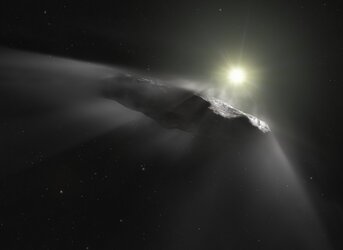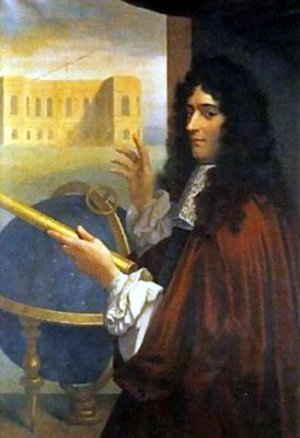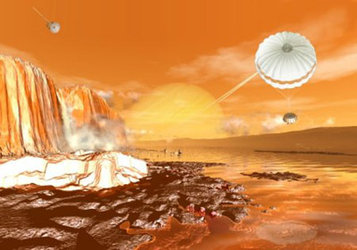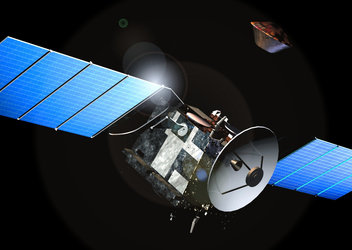9 June
1993: On 9 June 1993, ESA's Ulysses space probe became the first spacecraft to reach a latitude of more than 32 degrees relative to the Sun's equator.
Earth, and most other Solar System objects, orbit the Sun in a plane around its equator. Therefore spacecraft themselves rarely leave this plane.
By reaching 32 degrees latitude, Ulysses broke the existing record held by Voyager 1, which is currently travelling through the depths of space beyond the Solar System.
1905: On 9 June 1993, Albert Einstein published his analysis of Planck's quantum theory and its application to light. His article appeared in Annalen der Physik. Though no experimental work was involved, it was for these insights that Einstein earned his Nobel Prize.
1812: On 9 June 1812, Johann Gottfried Galle was born.
He was a German astronomer who was the first to observe the planet Neptune, whose existence had been predicted in the calculations of Leverrier. Leverrier had written to Galle asking him to search for the 'new planet' at a predicted location. Galle was then a member of the staff of the Berlin Observatory and had discovered three comets.
In 1838, while assistant to Johann Franz Encke, Galle discovered the dark, inner C ring of Saturn. In 1851, he became professor of astronomy at Breslau and director of the observatory there. In 1872, he proposed the use of asteroids rather than regular planets for determinations of the solar parallax, a suggestion which proved to be successful in an international campaign (1888-89).















 Germany
Germany
 Austria
Austria
 Belgium
Belgium
 Denmark
Denmark
 Spain
Spain
 Estonia
Estonia
 Finland
Finland
 France
France
 Greece
Greece
 Hungary
Hungary
 Ireland
Ireland
 Italy
Italy
 Luxembourg
Luxembourg
 Norway
Norway
 The Netherlands
The Netherlands
 Poland
Poland
 Portugal
Portugal
 Czechia
Czechia
 Romania
Romania
 United Kingdom
United Kingdom
 Slovenia
Slovenia
 Sweden
Sweden
 Switzerland
Switzerland

































